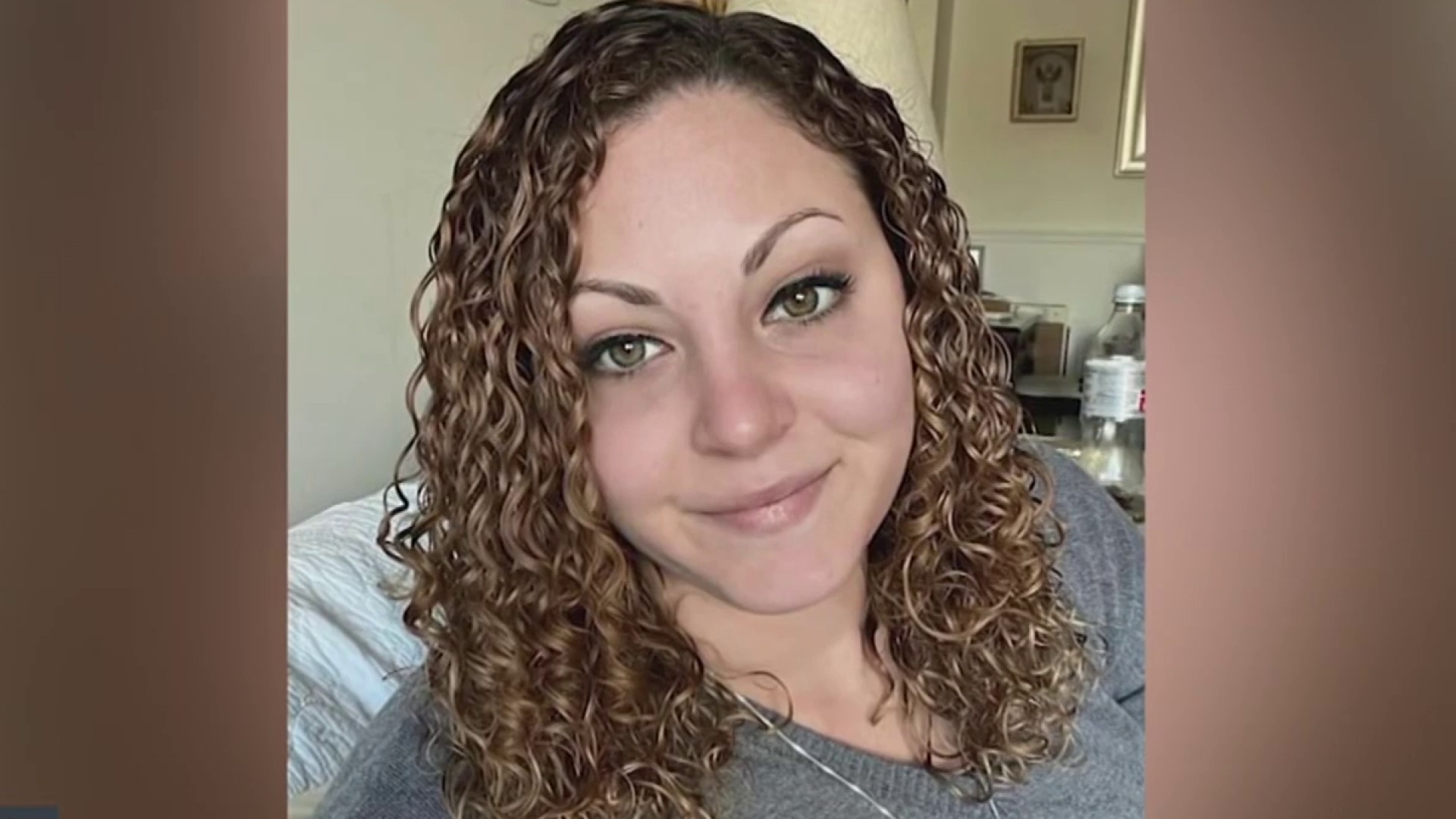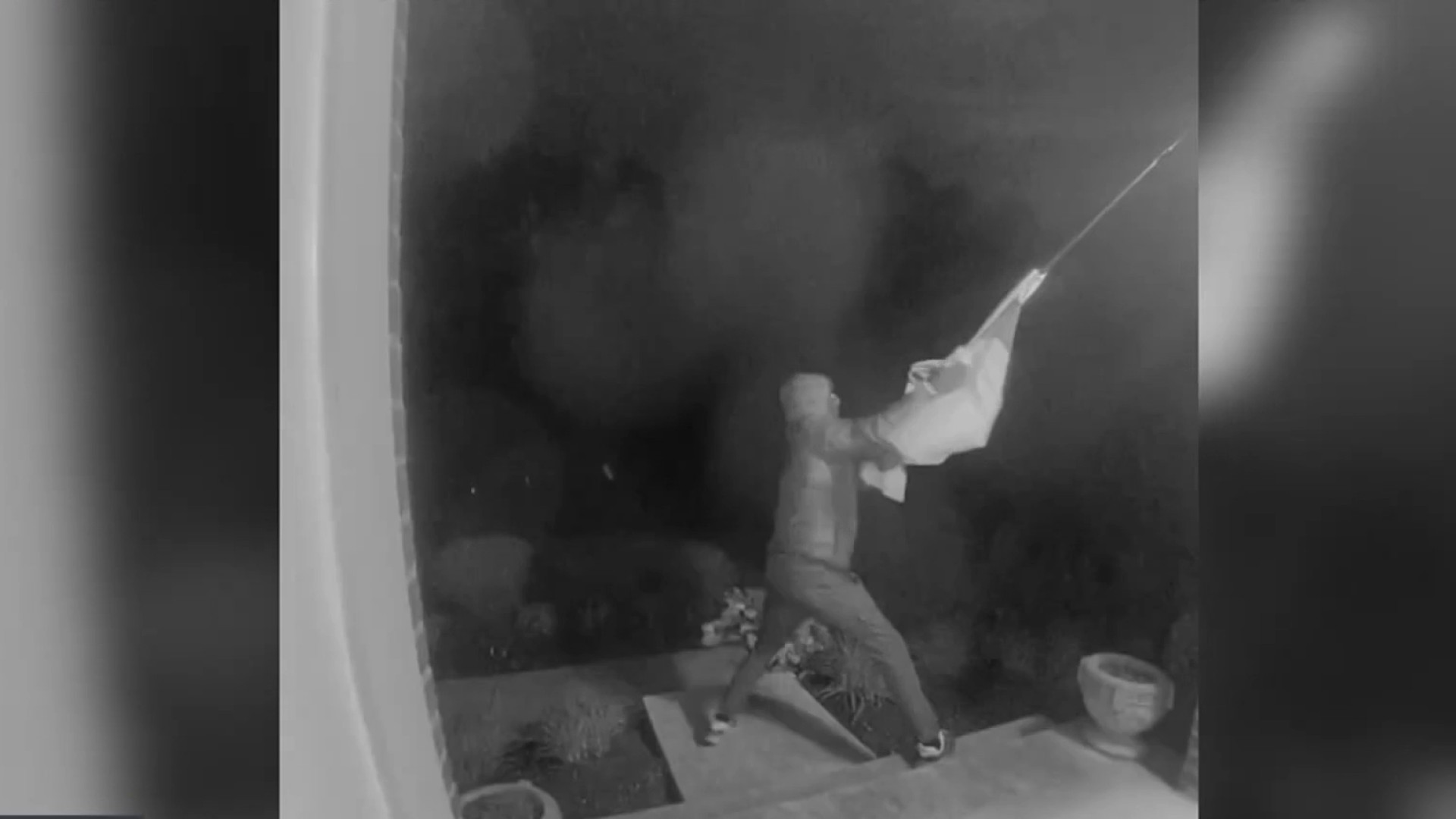A Virginia legislator says laws surrounding hemp-derived CBD products need to change to make sure innocent people don't get caught in the criminal justice system.
"We want to do the right thing in Virginia," Del. Mark Keam said. "One thing that we never wanted to do was put innocent people in legal jeopardy."
Keam, D-Fairfax County, cosponsored legislation that took effect in March, changing the legal definition of marijuana to allow for hemp-derived CBD products containing trace amounts of tetrahydrocannabinol (THC). That's the component of marijuana that can get users high.
But a News4 I-Team investigation found Virginia's state forensic labs cannot currently determine the amount of THC in many CBD products to see if they comply with the law.
"We will have to do an additional test, which we have never done before," Department of Forensic Science Director Linda Jackson told the I-Team. "The new law has definitely complicated all of this."
Before the law changed, the labs only had to determine whether products contained the presence of THC. Now, hemp-derived products, like CBD, are not considered marijuana if they contain "no greater than 0.3 percent" THC, so the labs must be able to determine the exact amount. No one checked to make sure that was possible before state law changed.
"Sometimes the law runs ahead of technology," Keam said.
Keam said the new law took effect as emergency legislation so agricultural production of industrial hemp could begin immediately. But the criminal justice application of the law has left people like Kyle Traugh in legal limbo.
Fredericksburg police arrested the store owner for selling marijuana less than one week after the law took effect. Traugh told the News4 I-Team his products were all CBD.
Local
Washington, D.C., Maryland and Virginia local news, events and information
Keam acknowledges it's tough for police and prosecutors to be aware of every new law immediately.
Plus, when the state lab initially tested some of Traugh's products, they did contain THC. The lab was unable to test to determine how much.
Jackson has now sent a warning letter to police and prosecutors around the state who rely on the state labs for evidence testing, warning of the testing limitations.
She said evidence that requires the more advanced testing will now be on hold until those tests are up and running, which will hopefully only take a couple of months.
Her letter also warned of an additional testing flaw revealed in the I-Team's reporting: The field tests police commonly use to identify marijuana also come back positive for CBD.
The tests, widely used by law enforcement around the country, are only designed to detect cannabinoids, which CBD and marijuana both are. The tests cannot distinguish between the two.
At least one popular brand of tests tells users that results "are merely presumptive" and "must be confirmed by an approved analytical laboratory.”
Virginia law currently allows officers to use field tests as evidence in court.
"Until we fix the law itself, the only thing we can do as legislators is to urge our executive branch partners to ensure that this is not a place that they should be prosecuting," Keam said.
The new law also makes a distinction between testing of plants and testing of hemp products. However, in Traugh's case, the evidence police seized appears to be plant material packaged as a product. The label says it's CBD Hemp Flower and that it contains under 0.3 percent THC.
"That's one of the things that I guess as a laboratory we didn't really consider when we first saw the law," said Jackson, who calls the lab testing an evolving process.
The I-Team shared its findings with Keam, asking if he believes legislators will need to revisit the marijuana and CBD-related laws next year.
"Oh no doubt. I believe that will happen," Keam said. "And thanks to your work and investigation that your team has done, it's really shed light on those gaps in our laws and the policies that we have in place."



